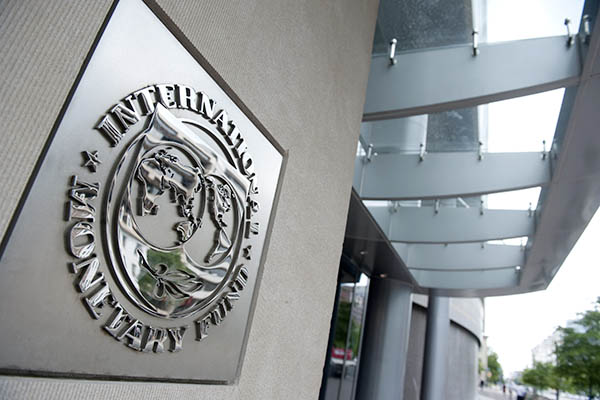
Saul Loeb—AFP
With technical-level talks underway for an expansion of the Extended Fund Facility (EFF) for Pakistan, an official of the International Monetary Fund (IMF) has stressed that Islamabad must focus on reducing its current account deficit.
According to a report published in daily Dawn, Minister of State for Finance Aisha Ghaus Pasha has confirmed that technical-level talks between Pakistan and the IMF have started, adding that the “virtual talks” would focus on various aspects related to extending the bailout for a year and expanding it by $2 billion.
In 2019, the IMF approved a $6 billion EFF for Pakistan. Initially slated to conclude in 2022, the program has been beset by delays provoked by concerns over the slow implementation of reforms required by the global lender. Thus far, half of the loan—$3 billion—has been disbursed. Last week, Finance Minister Miftah Ismail said he had requested the lender to increase the remaining package from $3 billion to $5 billion, thereby bringing the total outlay of the loan to $8 billion.
According to Ismail, the expansion would be subject to the government reversing fuel subsidies implemented by the former Pakistan Tehreek-e-Insaf (PTI)-led government, as well as enacting other fiscal measures that had already been agreed to between the government and the IMF.
Jihad Azour, director of IMF’s Middle East and Central Asia Department, told the Reuters news agency in Dubai that the lender’s team would assess the policy priorities of the new coalition government, as well as the economic impact of the war in Ukraine. “But of course, we have been over the last few months highlighting the importance of maintaining the current account situation under control,” he said, adding that measures to achieve this—including cutting fuel subsidies—would be discussed during the technical-level talks.
Pakistan’s current account deficit soared to $13.2 billion in the first nine months of the current fiscal, compared to just $275 million a year earlier, primarily due to the high costs of oil imports.
